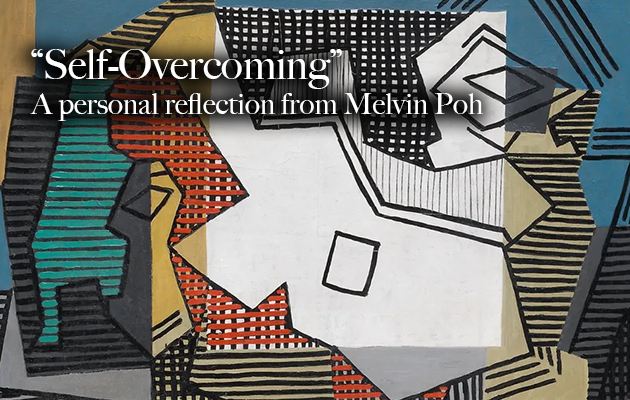
Love: A Philosophical Perspective
Love, as a pervasive force, permeates various aspects of our lives, influencing the melodies of our favorite songs and capturing the essence of the greatest cinematic tales. It’s a concept that triggers a myriad of ideas and emotions, both enchanting and perplexing. People experience love in different ways—some find tranquility in the company of their loved ones, while others engage in wistful daydreams about the elusive sensation of love. Navigating this intricate terrain proves to be a challenging endeavor, but delving into diverse perspectives can shed light on the multifaceted nature of this cherished subject.
Embarking on an exploration of the ancient Greek mythological roots of love, as expounded in Plato’s “The Symposium,” reveals a whimsical narrative. According to Aristophanes, humans were once formidable beings with four arms, four legs, two faces, and two sets of genitalia. The whims of Zeus resulted in their division, creating an inherent yearning for the reunion with their “other half.” This fanciful interpretation suggests that, fundamentally, we are all engaged in a perpetual quest for the missing portion of ourselves—separated eons ago.
Taking a detour into a Taoist perspective on love introduces the notion of stripping away possessiveness. Taoism advocates for an unconditional, selfless love that doesn’t hinge on expectations. Love, in the Taoist framework, contributes to the creation of “the Tao” or “the way.” This philosophy encourages an approach to love that allows relationships to unfold naturally, without the constraints of predefined expectations for the future.
Philosophers such as Sartre and Nietzsche align with the Taoist viewpoint, cautioning against the illusion of possession in love. Sartre warns about the pitfalls of seeking control, emphasizing the potential descent into destructive power dynamics. Nietzsche likens the desire to possess someone indefinitely to confining a pet bird in a cage. Both philosophers champion the idea of appreciating love for what it is, rather than succumbing to egotistical control.
The societal pressure to intertwine love with long-term commitment, epitomized by the institution of marriage, introduces complexities into relationships. This perspective prompts contemplation about whether love and enduring commitment are invariably intertwined. Shifting the perspective on love from a final destination to an ongoing journey emerges as a potentially healthier approach.
Delving into the scientific underpinnings of love unravels the neurochemical intricacies. Three key chemicals—noradrenaline, dopamine, and phenylethylamine—collaborate to induce feelings of excitement, nervousness, and ecstasy. This biochemical symphony mimics the effects of substances like drugs and alcohol, fostering an addictive desire for the presence of the loved one. However, this initial euphoria inevitably wanes, and sustaining long-term relationships necessitates conscious effort and choice.
In essence, love remains a beautiful, timeless, and complex force. While numerous theories about love abound, each person’s experience of it is inherently unique. Residing in a world where love exists adds an enriching layer to the human experience, and embracing the intricate facets of love contributes to the profound tapestry of life.



